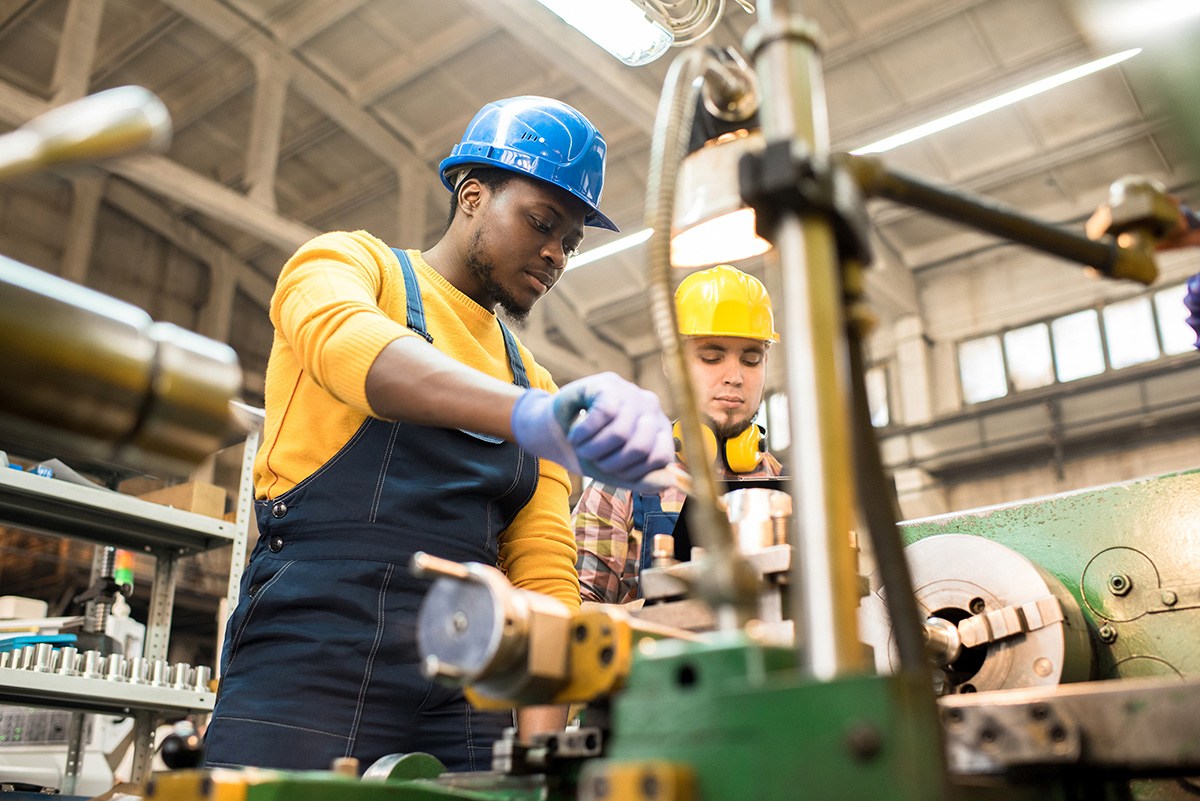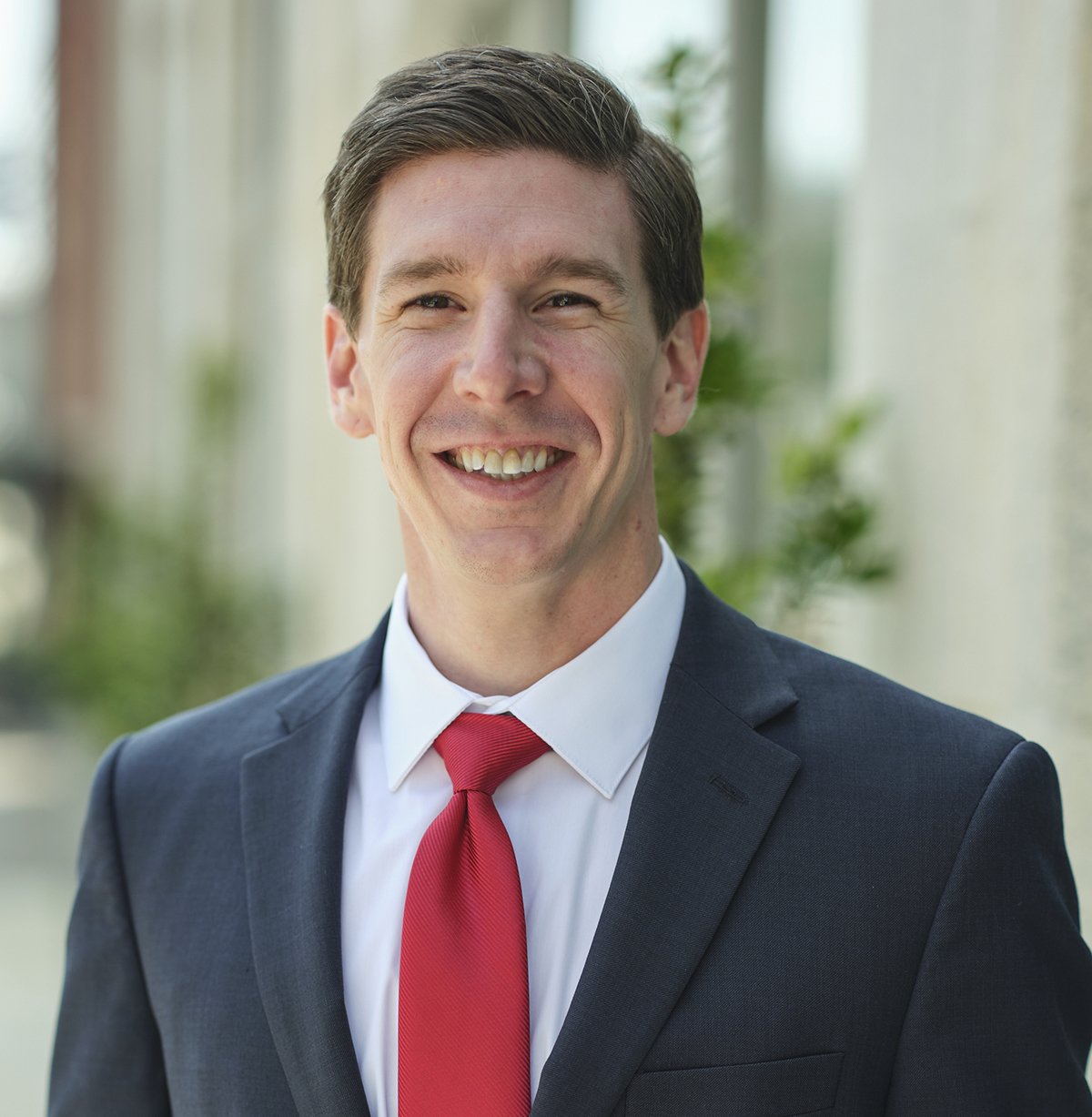Working Hard or Hardly Working?

This week we celebrate Labor Day, a day set aside to honor the American worker. This is a time meant to reflect on the value and dignity of work. Many celebrate this day, perhaps ironically, by taking a day off, and, for many of us in the South, this time of year is meant for celebrating the start of college football season. Just this past weekend, we watched as many of our in-state college football teams faced off on the gridiron amidst the sweltering heat of late summer.
However, it’s important to take this moment to meditate on the importance of meaningful work. Meaningful work is about more than just a paycheck. It’s about purpose, identity, and a sense of belonging. When people are engaged in work they find fulfilling, it not only benefits them personally but also has a ripple effect on their families and communities.
I’m reminded of a scene in Shrek 2 where Shrek, dressed as a factory worker, inconspicuously remarks to a fellow worker, “Working hard or hardly working.” As we celebrate this Labor Day, I wonder:
Is Mississippi working hard or hardly working?
We all know Mississippians work hard. The Magnolia State has long been a place where the value of hard work is deeply ingrained. This question is posed at a broader level and is meant to assess the state of meaningful work in the state we call home.
One measure worth looking at to help us answer this question is unemployment rate. A state’s unemployment rate measures the percentage of people who are actively seeking employment but cannot find a job. During the month of July, we saw our unemployment rate reach another historic low. At a rate of 3.0, our unemployment rate outpaces the national average and is tied for 24th best in the country. This suggests that most Mississippians who are looking to work are finding opportunities to do so. It also seems to suggest that Mississippi is working hard.
Another indicator worth considering is the labor force participation rate, which measures the percentage of Mississippians age 16 or older who are working or looking for work. Mississippi ranks last in the nation in labor force participation. The state’s current rate of 54.4 is also historically low: excluding the COVID-19 pandemic year 2020, this rate ties the state’s lowest labor force participation rate in over 40 years. This indicates that a historic number of Mississippians are no longer looking for work. It also raises concerns that Mississippi, at least compared to the rest of the nation, is hardly working.
Why does Mississippi lag behind in labor force participation? The reasons are multifaceted, but among them, according to State Economist Cory Miller, are our state’s relatively low levels of education attainment, our world-leading incarceration rate, and our high rate of individuals with disabilities.
One thing is absolutely clear: we need more Mississippians in the workforce.
To achieve this, we must invest in education and training programs that prepare our citizens for the jobs of the future and success beyond the classroom. We must also foster an environment where businesses can thrive and create job opportunities. This includes reducing bureaucratic red tape, as Secretary of State Michael Watson is doing with his office’s Tackle the Tape Initiative, and supporting entrepreneurship at the grassroots level. It also includes tapping into an often-overlooked pool of candidates: those who are re-entering society post-incarceration.
Building a society where all Mississippians can participate in meaningful work is not just about creating jobs; it’s about creating the right kind of jobs. Mississippians don’t just want to work; they want to engage in work that aligns with their passions, skills, and aspirations. This means that as we think about workforce development, we must also think about how to match individuals with opportunities that allow them to shine. And our education system must be structured in a way that prepares students to recognize and seize those opportunities.
Inclusion is key. Historically marginalized communities, including people with disabilities, veterans, and those with criminal records, often face barriers to employment. By creating pathways for these individuals to enter (or re-enter) the workforce, we not only uplift them but also enrich our communities with diverse perspectives and talents.
As we celebrate Labor Day, let’s remember that it’s not just a holiday; it’s a call to action. Every Mississippian, regardless of their background or circumstances, deserves the chance to contribute to the success of our great state.
Work is more than a means to an end. It’s a pathway to dignity, purpose, and community. This Labor Day, let’s commit to ensuring that this pathway is accessible to all Mississippians. Because when we uplift our workers, we uplift Mississippi.
